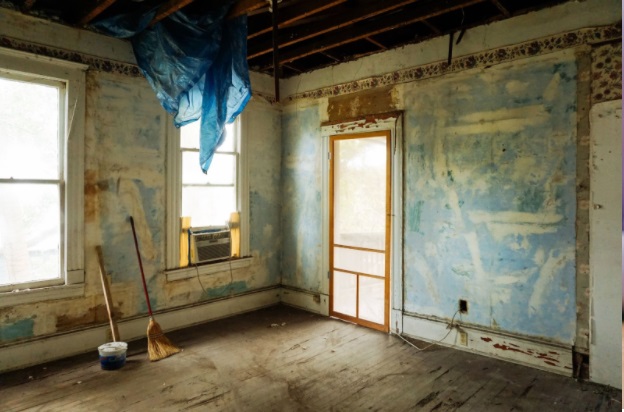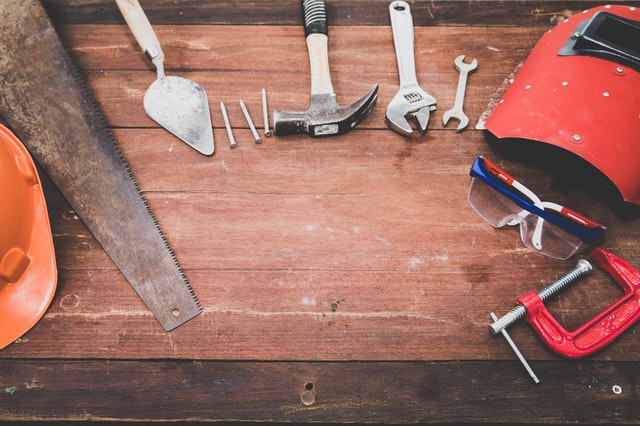
Real estate wholesaling is all about finding bargain-priced properties, getting them under contract and reselling them to investors or other interested buyers.
The main difference between a regular purchase contract and a wholesale contract, is that the wholesale contract allows the wholesaler to sell the contract to another buyer before actually owning the property. Theoretically, this allows the wholesaler to have little to no money to wholesale properties.
But what happens after you get a wholesaling contract signed? You still have a few steps to go before getting paid, so let’s go through them.
1. Send the Contract to the Title
You’ll need to send that contract to your title company to keep them in the loop. If you don’t know any companies, just search for one online and ask them to see if they work with wholesale investors like you to handle assignments.
Once you find the ideal title company, email the contract to them along with the seller’s contact details to collect any additional information they need. Next, you’ll have to coordinate with the title company to get your earnest money to them—often around $100 or more, depending on how good the wholesaling deal is—via mail, drop off, or courier delivery.
2. Take Photos and Videos of the Property
Next, you’re going to reach out to the seller and schedule a day for you to document the home. This task is often done when you meet the seller at the property to negotiate and sign the contract.
If the seller is hestiatent, assure them that you’re only doing so to have records of the property and so you can show the home to prospective buyers.
You have to take photos of every room, the front of the house from the streets, the backyard, the kitchen, the bathrooms, the HVAC unit, the electrical box, and even the roof if you can raise the camera high enough. The more photos you have, the more information you can provide your buyers.
Also, tell the seller that you’ll return with a contractor, so you can get a bid right away to start construction and renovations on the day you close immediately—time is money in the real estate game.
3. Send the Deal Out and Find Buyers
Now that you have the contract and photos, send the deal out to find cash buyers.
You can email blast with the likes of MailChimp, or manually go through your buyers’ list to find potential individuals for the specific property. You can also reach out to other wholesalers to see if they have any buyers that might be interested or go through real estate Facebook groups to find more prospects.
As you find buyers, ensure that you provide them with the asking price, after repair value (ARV), estimated repair cost (ERC), lot and living square footage, link to photos and videos, and a way to submit their offer. Once buyers start reaching out, proceed to vet your buyers.
4. Vet the Buyer and Walk Them Through the Property
You must ensure that buyers are legit and won’t waste your time. You can ask for the last three or five properties they’ve flipped. Ask for the addresses, look at the tax records, and check if their name or their LLC was on that property. That way, you know that they flip properties.
Then, get the buyer to sign and send the assignment to the title company. Ensure that the buyer will also deposit $500 (or any other amount) in earnest money.
We suggest you collect the earnest money before they check out the property so you have some leverage in the deal and lessen the chances of them backing out. However, this isn’t always possible and may only work if the buyer already trusts you as a wholesaler.
Once that’s done, you’ll have a buyer locked into the deal. Of course, you’ll need to ensure that they have the funds to purchase. So we recommend that you get in touch with fellow wholesalers, check their backgrounds, and directly ask them to know their situation.
5. Wait for the Deal to Close
Here comes the easy part: Waiting for the deal to close.
Stay in touch with both the seller, the buyer, and the title company to assure all parties that everything is going smoothly. If anybody needs anything, you’ll also be able to get them the information right away. You’ll also have to connect the buyer to the title company so they can set up the closing process.
Now, if the buyer ghosts you and becomes unresponsive (or takes too long to deposit the money), then you’ve got a problem. We suggest that you move on and find a new buyer, because they might waste your time and give you the runaround, killing time and the deal in the process. You only have a certain amount of time to get the property sold—exit before it’s too late.
Keep Moving Forward, Keep Closing Deals
Ultimately, your goal as a real estate wholesaler is to find a property, vet the buyer, and sell the deal. The process we’ve outlined should give you a good idea of how to go about doing that.
Of course, there will be bumps in the road. But if you have a solid system in place, you’ll overcome them easily. Also keep in mind that this is a fast paced business, so it’s important to always be moving forward.
Don’t hesitate to join as a REIA member today! We have regular meetings and newsletter publications to give you all the help you need to become a successful real estate wholesaler today.










